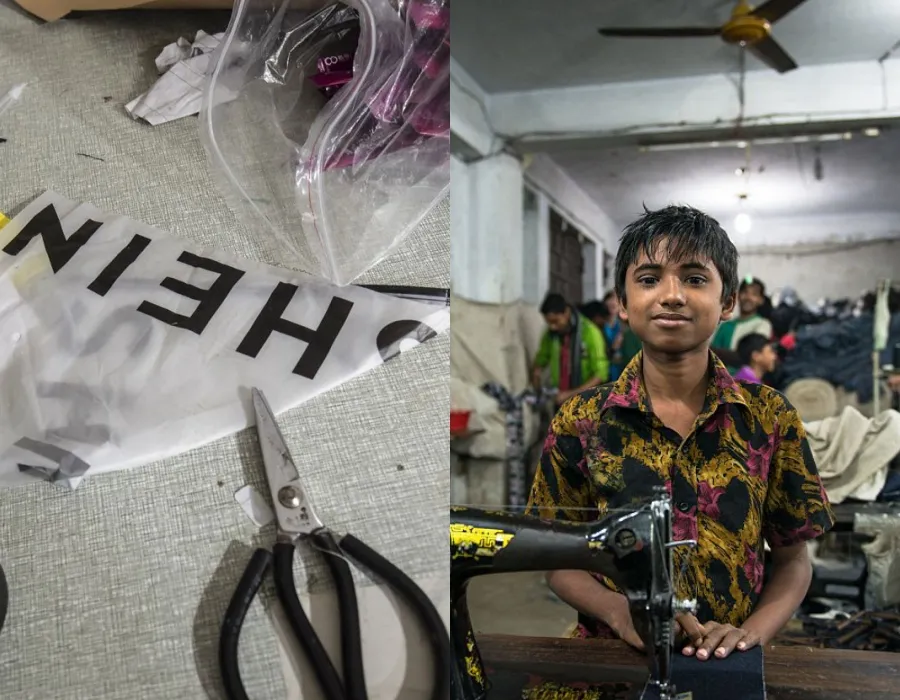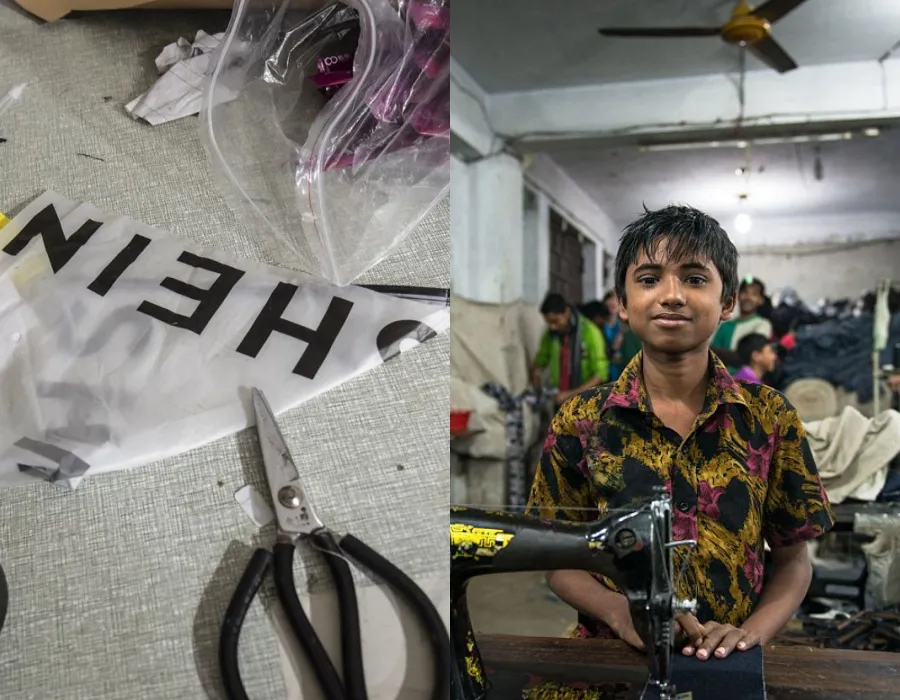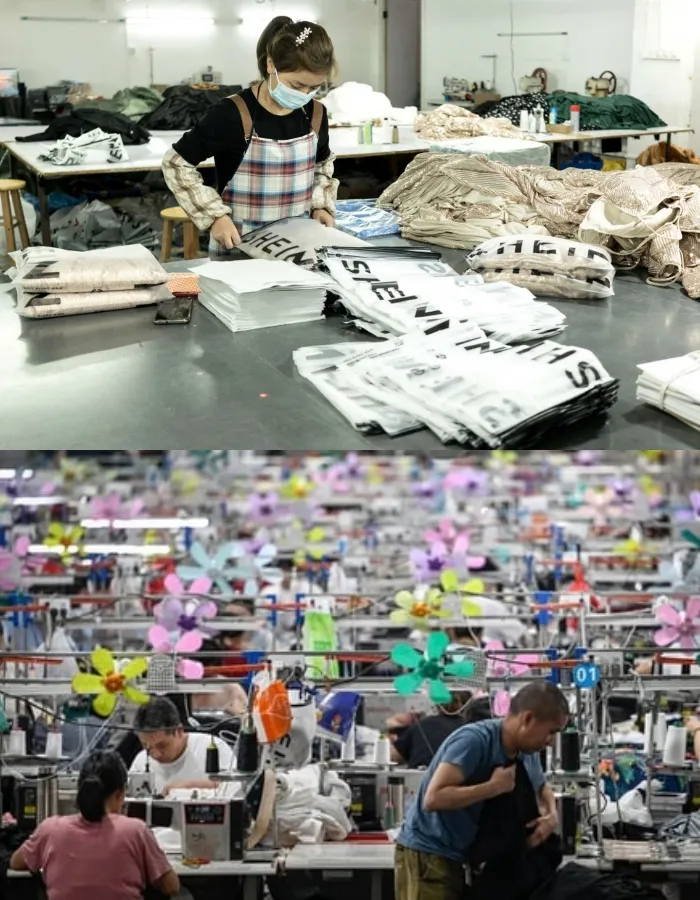
Fast fashion giant Shein has revealed that it discovered two cases of child labor at its suppliers in 2022, according to its recently published 2023 sustainability report. This disclosure comes as Shein intensifies its efforts to audit manufacturers in China, addressing mounting criticism of its low-cost business model ahead of a potential initial public offering (IPO).

Discovery and Response
In the report released on Thursday, Shein detailed that it had identified child labor at two of its suppliers, where workers under the age of 16 were employed. Upon discovering these violations, Shein promptly suspended orders from these suppliers. The company resumed sourcing from them only after ensuring that the suppliers had strengthened their processes, including rigorous checks of workers’ identity documents.
Shein emphasized that the cases were “resolved swiftly.” The resolution included terminating the contracts of the underage employees, arranging medical checkups, and facilitating their safe return to their parents or guardians. To prevent future violations, Shein updated its supplier policies in October 2022. The revised policy now mandates immediate termination of contracts with any supplier found guilty of severe breaches, such as employing minors.
Tightened Supplier Policies
Prior to the policy change, suppliers had a 30-day window to resolve any issues, including child labor violations, before Shein would sever ties. Annabella Ng, Senior Director of Global Government Relations at Shein in Singapore, noted that the updated policies were shaped by feedback from regulators and suppliers alike.
The company had previously refrained from disclosing the exact number of child labor cases, only reporting the percentage of audits that uncovered minors in the workplace. The incidence of such violations has decreased over time, from 1.8% in 2021 to 0.1% in 2023.
“We remain vigilant in guarding against such violations going forward, and in line with current policies, will terminate any noncompliant suppliers,” Shein stated in the report.

Increased Audits and Third-Party Involvement
Shein has significantly ramped up its audit processes, conducting 3,990 audits in 2023 compared to 2,812 in 2022 and just 664 in 2021. The company partnered with reputable third-party agencies, including Bureau Veritas, Intertek, and SGS, for 92% of these audits, with a goal of reaching 100% in the future.
The results of these audits indicated fewer serious violations compared to the previous year, reflecting Shein’s increased focus on compliance and supplier accountability.
Sustainability Challenges
Shein’s 2023 sustainability report, released over a year after the previous one, will be closely examined by investors as they consider the company’s forthcoming IPO. In his introductory note, Shein CEO Sky Xu highlighted that improving the company’s supply chain governance and managing its carbon footprint, particularly indirect “scope 3” emissions, are “critical” priorities.
The report revealed a significant surge in emissions from product transportation, which more than doubled in 2023 to 6.35 million tonnes of carbon dioxide equivalent. This increase is primarily due to Shein’s practice of sending products directly from suppliers in China to customers by air. However, the company has started sourcing some products from suppliers closer to its customers in regions like Turkey and Brazil, a move expected to reduce transport-related emissions.
Last year, Shein saved 49,578 tonnes of CO2 equivalent by shifting some product transport from air to sea and land freight. The company also submitted its emissions reduction goals to the Science-Based Targets Initiative in June and is currently undergoing the validation process.
Enhanced Governance Structures
In July 2022, Shein established a board-level sustainability committee comprising its CEO, executive chairman, and three investor representatives. This move is seen as part of Shein’s broader efforts to enhance its governance structures, which many speculate is in preparation for the company’s planned flotation.

While Shein declined to comment on whether the creation of the sustainability committee was directly related to the upcoming IPO, Ng emphasized that the company is committed to increasing transparency and accountability as part of its overall Environmental, Social, and Governance (ESG) journey.
As Shein navigates the challenges of fast fashion and the scrutiny that comes with it, the company’s proactive steps in addressing child labor and enhancing sustainability efforts will be crucial in shaping its future. With an IPO potentially on the horizon, Shein’s commitment to ethical practices and environmental responsibility will be key factors for investors and consumers alike.






